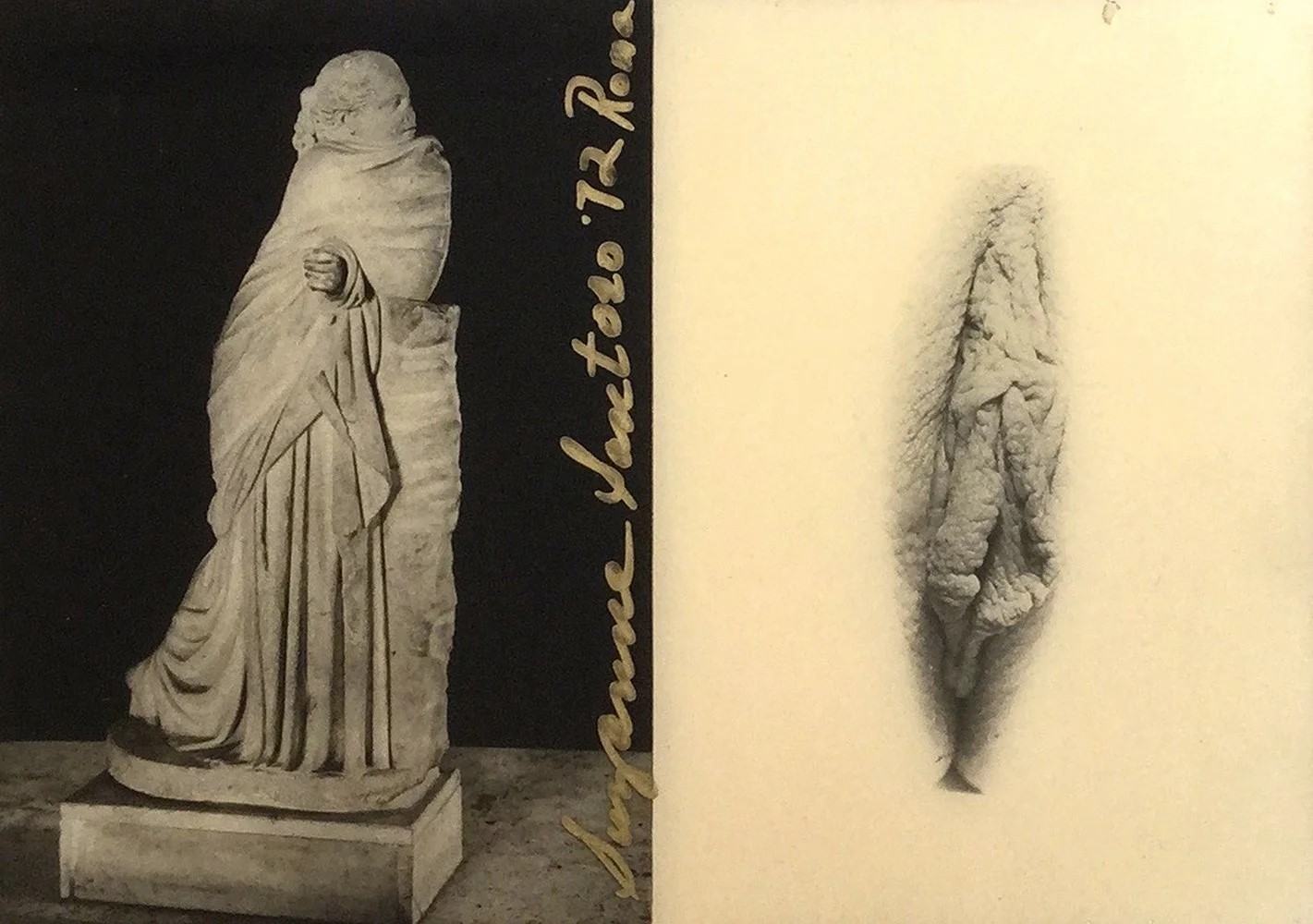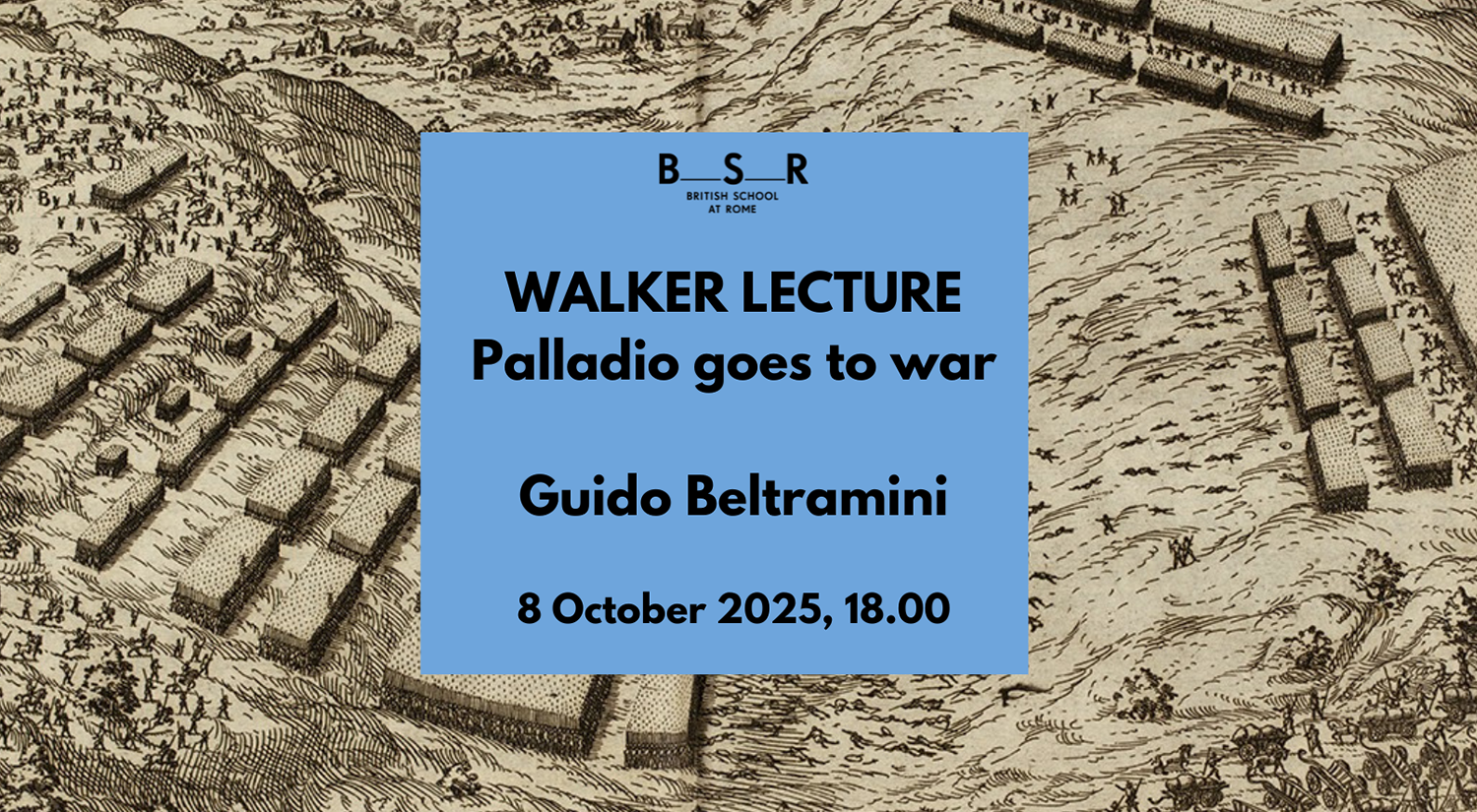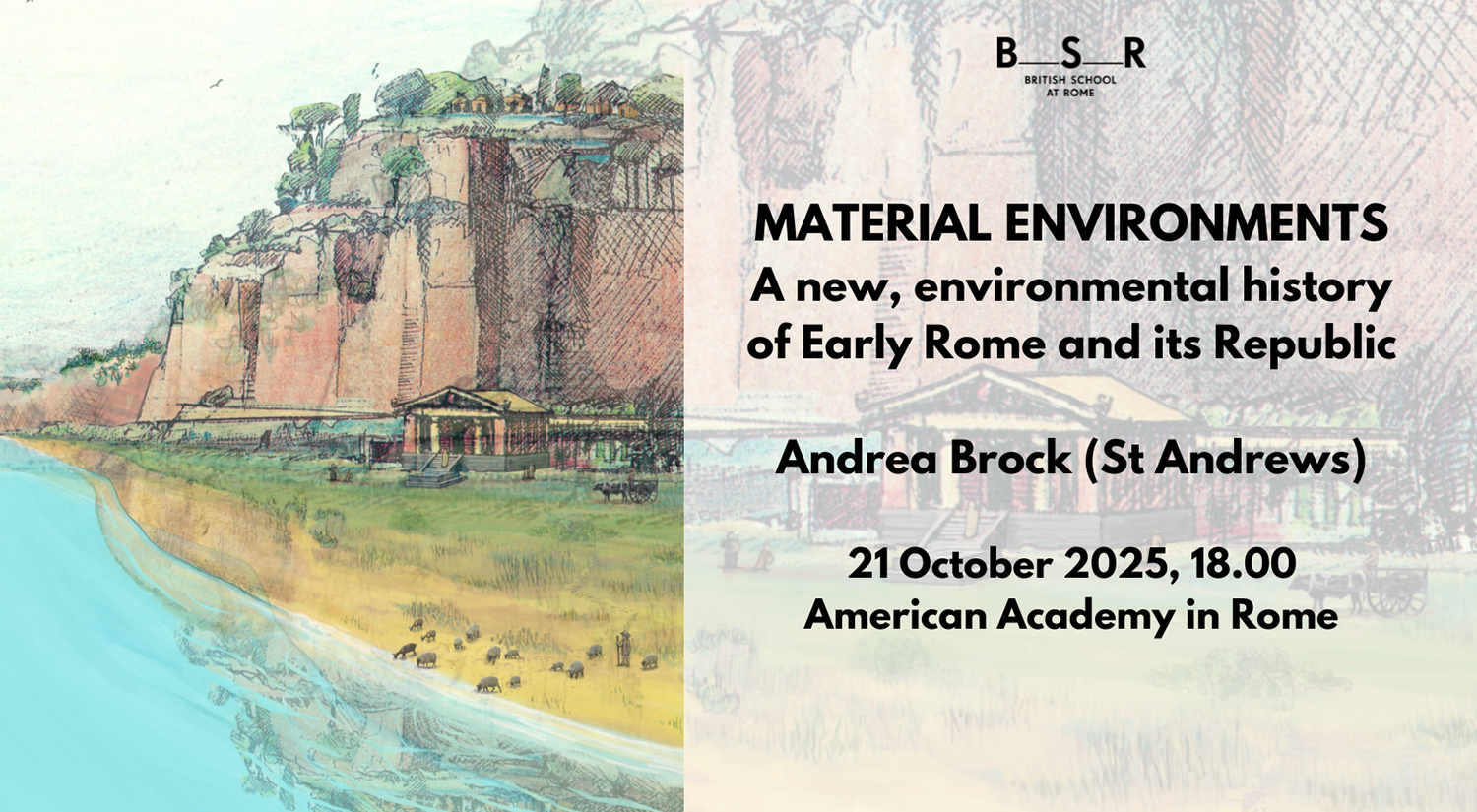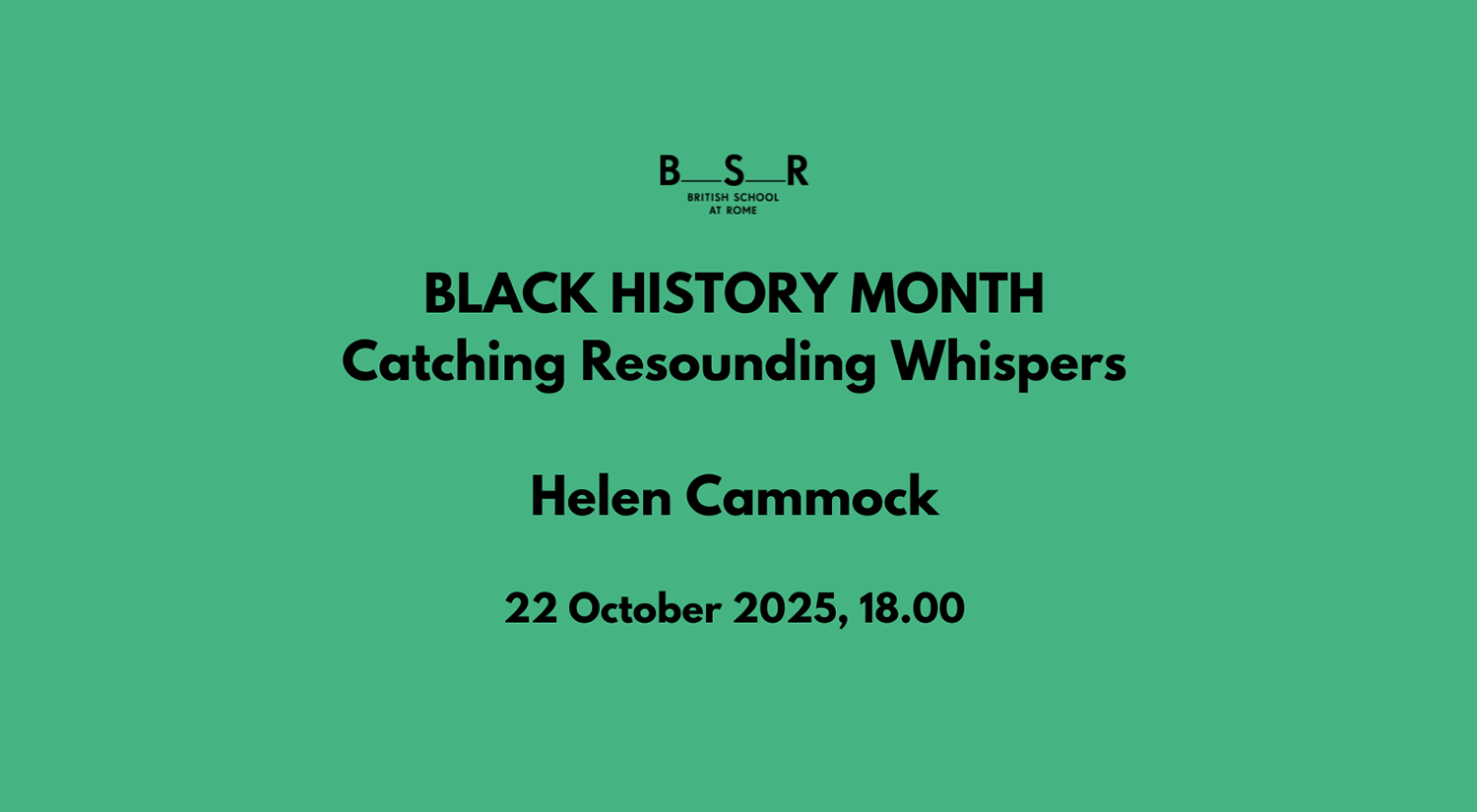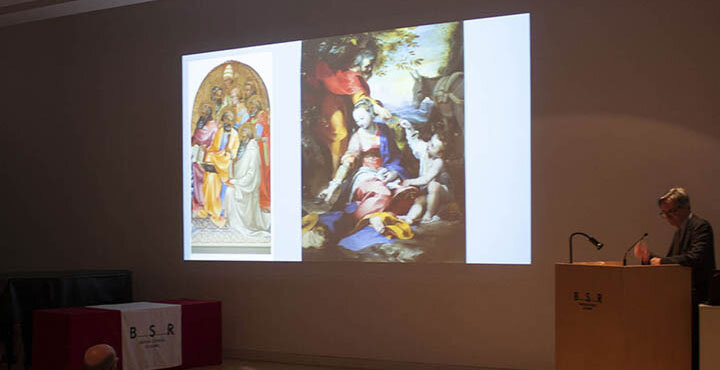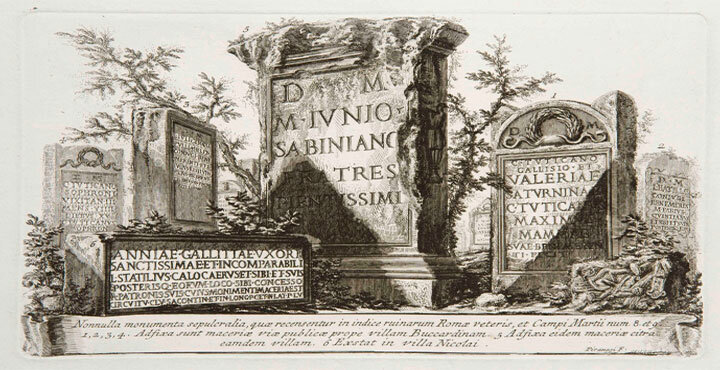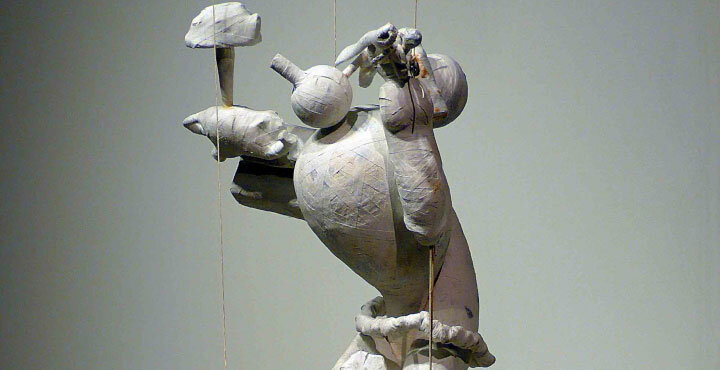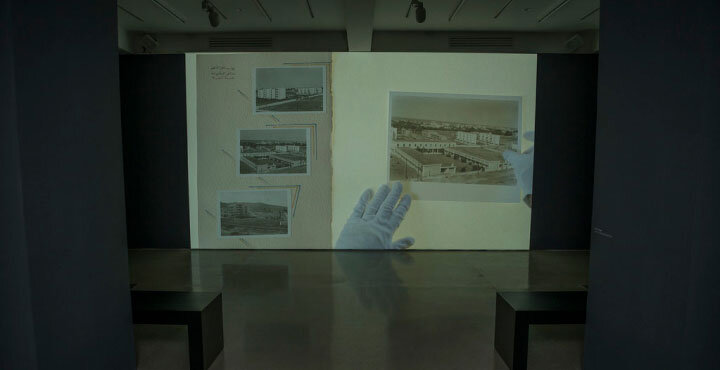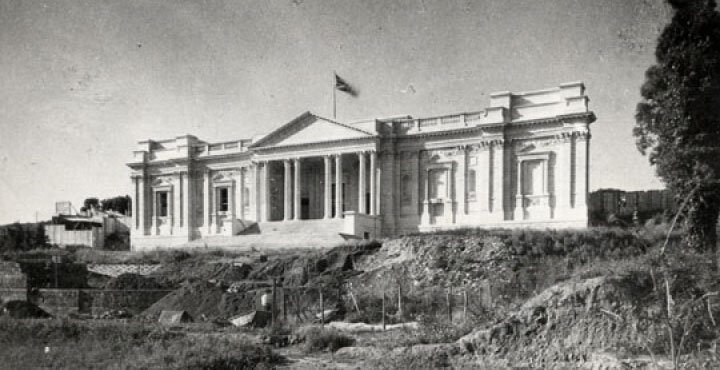American artist Suzanne Santoro was in her early twenties when she first visited Rome, around 1969. At the time, she was a Fine Arts student at the School of Visual Arts in New York City, and the opportunity to accompany Mark Rothko’s family on a trip to Europe had presented itself. A year later, Santoro decided to return to Rome, this time on her own terms. As she recalls: ‘I had 1000 dollars in my pocket and I knew I wasn’t coming back so soon. I was determined to stay and see all the things I hadn’t seen.’ Once back in Rome, she met Carla Lonzi and joined the radical feminist group Rivolta Femminile. The discovery of feminism represented a fundamental shift for her, which was reflected in her work. An example is her first artist’s book, Towards New Expression (1974), in which she deconstructed classical Greco-Roman statuary, re-appropriating the female sexual form. The search for hidden and/or erased symbols of feminine power in Italian history of art accompanied Santoro’s subsequent artistic practice. More than 50 years later, Santoro is still based in Rome and continues to be influenced by the city’s multiple histories.
This event will see Dr Alessia Zinnari (University of Glasgow) in conversation with the artist, with a specific focus on the dynamics of her move to Rome, and on her experience of living in the city as an American woman artist during the 1970s. We will explore the networks of women artists and activists in the city at the time, including, for example, the work of the Cooperativa del Beato Angelico, one of the first women’s art galleries in Europe. We will also touch on Santoro’s lesser-known artistic production, such as the paintings she produced in the 1980s, in which the abstract form becomes a way for her to express the sense of disillusion experienced in the aftermath of the feminist and students’ movement. We will conclude with an overview of her most recent work, and with a Q&A with the audience.
This talk will be a valuable opportunity to be in conversation with one of the protagonists of Rome’s 1970s art scene, who continues to have strong ties with the cultural and artistic heritage of the city.
The conversation will be followed by 30-minute Q&A.
Suzanne Santoro was born in Brooklyn, New York, in 1946. She studied at the Brooklyn Museum and at the School of Visual Arts, N.Y.C, where she graduated in fine arts. In 1969, she accompanied Mark Rothko’s family to Rome, where she subsequently moved. She then became involved in the Italian Feminist Movement and published the artist book Towards New Expression (1974), to date one of her most known works. In 1976, together with other Italian women artists, founded the “Cooperativa Beato Angelico”, the first women’s art space in Rome. In 1986 she earned her degree in Art Therapy from the Istituto di Ortofonologia of Rome, specializing in children’s graphic development. From 1985 to 2009, she was responsible for the painting and graphic atelier of the Institute, mainly working with deaf children. Her works are in private and public collections such as the National Museum of Women in the Arts in Washington DC. In 2015, the Verbund Collection in Vienna acquired a number of her works for its permanent collection of Feminist Avant-Garde of the 1970s. In 2024 Lovay Fine Arts started a series of exhibitions in art fairs and galleries: Paris Internationale, Paris; Lovay Fine Arts, Geneva; Conceptual Fine Arts, Milano; and Liste Basel. Santoro collaborated with the duo Claire Fontaine for a large-scale installation for the Dior Fall 2024.
Alessia Zinnari is Lecturer in Italian at the University of Glasgow. In 2022, she spent the year researching in Italy, first at the British School at Rome as a Rome Awardee, working on Santoro’s feminist legacy, and then in Venice, as a Benno Geiger Fellow at the Fondazione Cini. Her research focuses on women’s narratives and gender-based trauma, and on the relationship between creativity, activism and self-determination. She has published on this topic and is currently working on her first monograph, a comparative study of Alda Merini’s and Leonora Carrington’s illness narratives.Alessia Zinnari is Lecturer in Italian at the University of Glasgow. In 2022, she spent the year researching in Italy, first at the British School at Rome as a Rome Awardee, working on Santoro’s feminist legacy, and then in Venice, as a Benno Geiger Fellow at the Fondazione Cini. Her research focuses on women’s narratives and gender-based trauma, and on the relationship between creativity, activism and self-determination. She has published on this topic and is currently working on her first monograph, a comparative study of Alda Merini’s and Leonora Carrington’s illness narratives.
The event is hybrid. You’re welcome to attend in person—no registration is needed, and access is free. If you would like to join us online, please make sure to register using the link above.


